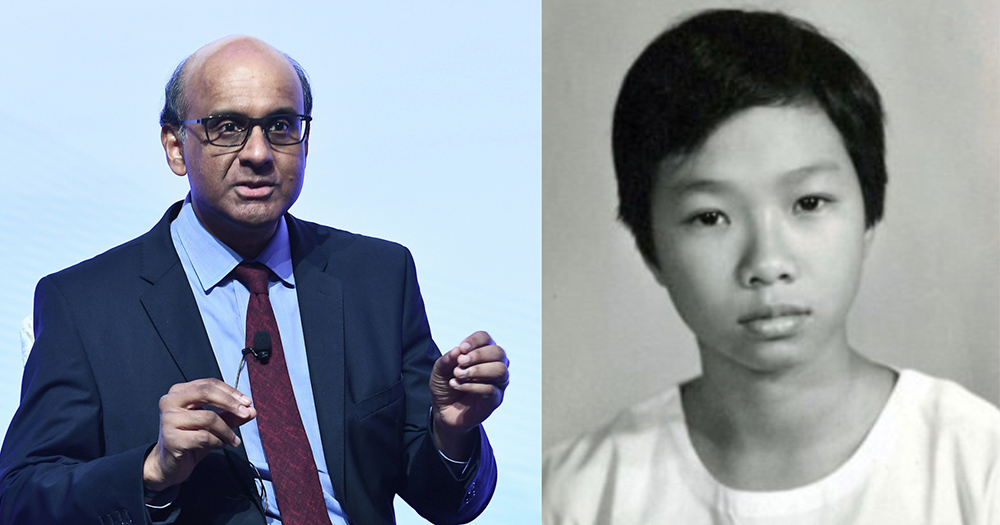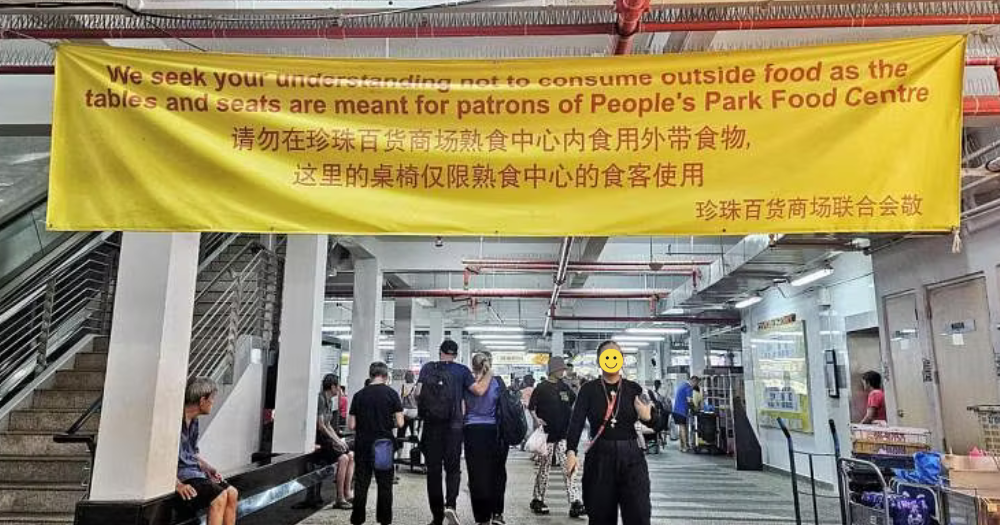NTUC to form new Platform Work Associations to protect the interests of platform riders & workers
More protection for platform workers.

Platform workers will get more representation and protection of their livelihoods after a new law is passed, said NTUC in an Aug. 29 press release.
Upon the implementation of the Platform Workers Bill — which was tabled for the first reading on Aug. 6 — the union will form new Platform Work Associations (PWAs) to protect the interests of platform drivers, riders, and workers.
These will build on the efforts of the National Taxi Association, the National Private Hire Association, and the National Delivery Champions Association — but this time, with more legal backing, said NTUC.
Also under the bill, workers will get better protections in the event of workplace injury, on the same level as salaried employees.
Wages will also be increased by up to 17 per cent through CPF contributions from platform operators.
Work injury compensation
The new PWAs will build and expand on existing efforts, such as providing financial assistance to injured workers, and partnering with platform operators on workplace safety.
These include the NTUC Care Fund, which was launched in January this year and allows eligible members to receive up to S$250 of NTUC FairPrice vouchers in the event of workplace injury.
Once the bill is passed and the new law is enacted, platform workers will get better protections from workplace injury and be covered under the Work Injury Compensation Act (WICA).
The Act allows workers to claim compensation for work-related injuries or diseases without having to file a civil suit.
Ng Chee Meng, secretary-general of NTUC, said that the union has been listening to workers' concerns and taking action.
"The new platform workers law will reinforce our efforts to safeguard platform workers' livelihoods, and empower us to legally represent the areas that matter a lot to them, such as wages, safety, and well-being at work," he said.
Existing members of the current three associations will be ported over to their new associations automatically, and do not have to take any action.
Mandating CPF
The new legislation will also include the mandating of CPF contributions for platform workers born after 1995.
First announced in November 2022, it aims to gradually match the CPF contribution rates of salaried employees by increasing platform workers' CPF contributions by 2.5 per cent a year, to 17 per cent in January 2029.
When first announced, platform workers expressed concern about the impact of this change on their take-home pay.
The government introduced PCTS to cushion the impact.
It said it would offset 75 per cent of the increase in employee's CPF contribution rates, and apply to lower-income workers earning S$2,500 a month or less.
However, the Ministry of Manpower later said the scheme would be enhanced so that the government would instead fully cover the increase in CPF contributions for platform workers over a five-year period.
It would also extend workers' eligibility to include those earning up to S$3,000 a month.
"This means that the government is paying fully for Platform Workers’ CPF contributions in 2025. Platform workers will not see a drop in their take-home pay and at the same time, will see more contributions into their CPF in 2025," said MOM in an Aug. 22 media release.
It added that the offset would taper down gradually from 2026, and cease in 2029.
Top image from Grab's website
MORE STORIES





















